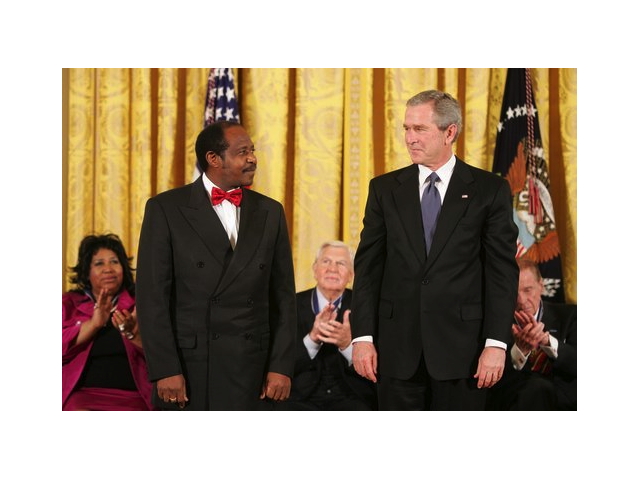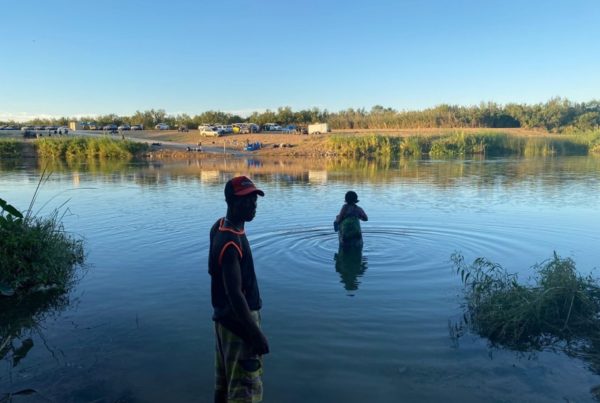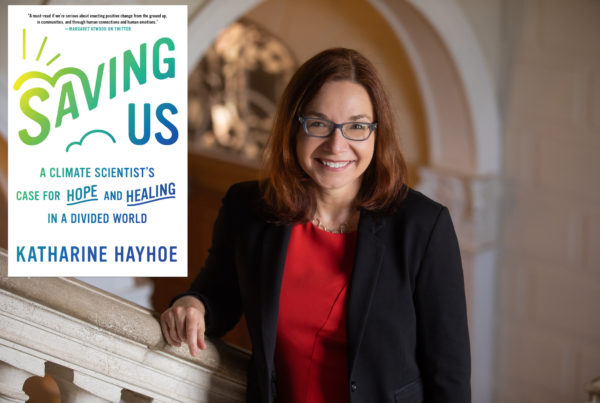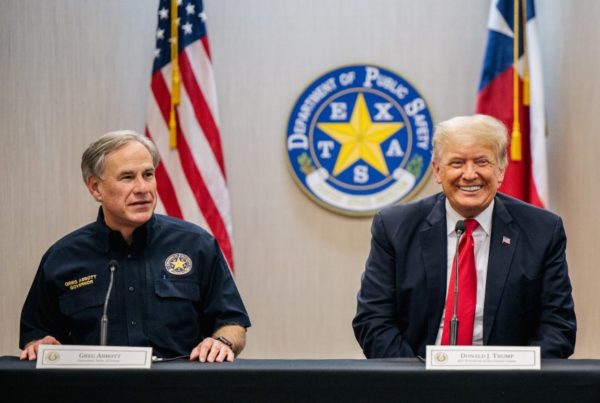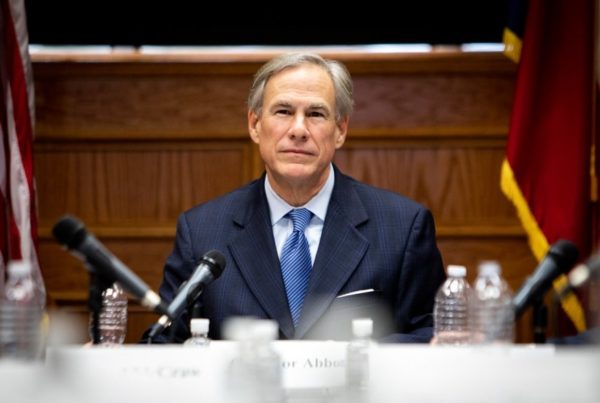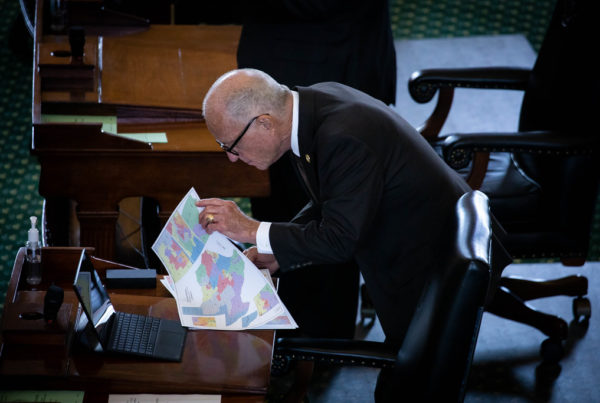Paul Rusesabagina was convicted of charges related to terrorism in Rwanda earlier this week. He was sentenced to 25 years in prison.
Rusesabagina’s name may be familiar – he used his position as the manager of a hotel in the country’s capital to shelter people who were in danger during the 1994 genocide. Rusesabagina’s story was turned into the movie ‘Hotel Rwanda.’ Don Cheadle played him. But he hasn’t lived in Rwanda for years. He moved his family to Belgium a few years after the genocide, and then to San Antonio.
Rusesabagina has long been a critic of Rwandan government’s record on human rights and corruption, and in particular the country’s president: Paul Kagame, who’s led the country since 2000.
This time last year, when Rusesabagina was living in San Antonio, he flew to Dubai planning to catch a connection there to Burundi. But instead, the flight out of the Middle East went to Kigali, Rwanda’s capital. His lawyers say he was essentially kidnaped and brought to the country against his will. Since then, Rusesabagina’s family and human rights advocates have asked for his release. His daughter, Anaïse Kanimba, spoke to Texas Standard about her father’s trial.
Listen to the interview above or read the transcript below to learn more about why Rusesabagina was taken to Rwanda, and the political dynamics behind his conviction.
This transcript has been edited lightly for clarity:
Texas Standard: When was the last time you heard from your father?
Anaïse Kanimba: The last time I spoke to my father was last Friday. We’ve had the privilege to speak with him every Friday for the last few months and we speak with him for five minutes. And during those five minutes, we’re able to encourage him and to tell him to stay strong during this very difficult time. But unfortunately, we know that the calls are monitored so we have a very limited amount of words and things that we can say, but we are very happy to hear his voice and he’s trying to hang in there.
These charges stem from killings that occurred in 2018 near the border between Rwanda and Burundi. And the government, as I understand it, claims these were committed by the armed wing of the political party supported by your father. But your family and your father’s attorneys have maintained that that’s false. Can you say more about why?
Yes, of course. So, in Rwanda, you know, it’s a dictatorship and the current regime led by President Kagame has been a dictatorship for almost 20 years. And my father is a person who has been criticizing the regime, really focusing on the human rights violations and democracy abuse.
And in a dictatorship like Rwanda, once you become a critic or a dissident, you are imprisoned. You are called a terrorist. You are called a genocidaire, a person who committed the genocide, and you are disappeared or killed.
And so this is my father’s fate. By daring to speak up against the dictator of Rwanda, he was put to jail and had to face a sham trial. And now we may not see him again because they just convicted him for 25 years and he’s 67 years old.
Who represented him at trial? Did he have his own attorney? I know that human rights lawyers were trying to be a part of this trial, but many were excluded.
So my father actually still cannot have his international attorney in Rwanda, which is actually against the law in Rwanda. One is allowed to have international attorneys. But my father hasn’t been participating in the in the trial since March 12. He decided to stop participating in the trial and boycotted because it really started to show that he could not get a fair trial and justice was already made.
At first, he was forced to have these government lawyers represent him, which he did not want. So we were very lucky that in the end, through the pressure of the international community, the Rwandan authorities allowed him to get local lawyers. But for any dictatorship, anybody from the local side, you know, is threatened and cannot sometimes practice in to the best of their ability. And this trial is a political trial. It’s not a real trial. And so our lawyers are threatened and we have to be very careful. And that’s why we really needed international lawyers, which the government authority denied my father
Well, you think about how he was tricked into getting back to Rwanda. I would imagine that the Belgian or American governments would have something to say about this and could bring considerable weight against the Kagame administration to release your father. What are they saying?
Well, unfortunately, at first when my father was kidnapped, it took them a long time to really see that it was a kidnapping. Instead, the authorities were calling for this trial, to be fair. And now the authorities have seen that it’s not it was not a fair trial. And they have actually condemned the proceedings as a trial, and are actually looking for ways to end the situation.
We’re very grateful that the State Department made a statement. And also the Belgian Foreign Affairs Ministry. So the efforts have begun, but of course, this is about politics and sometimes politics come to play and we hope that doesn’t happen to my father. And then we get to see him before he something happens to him.


